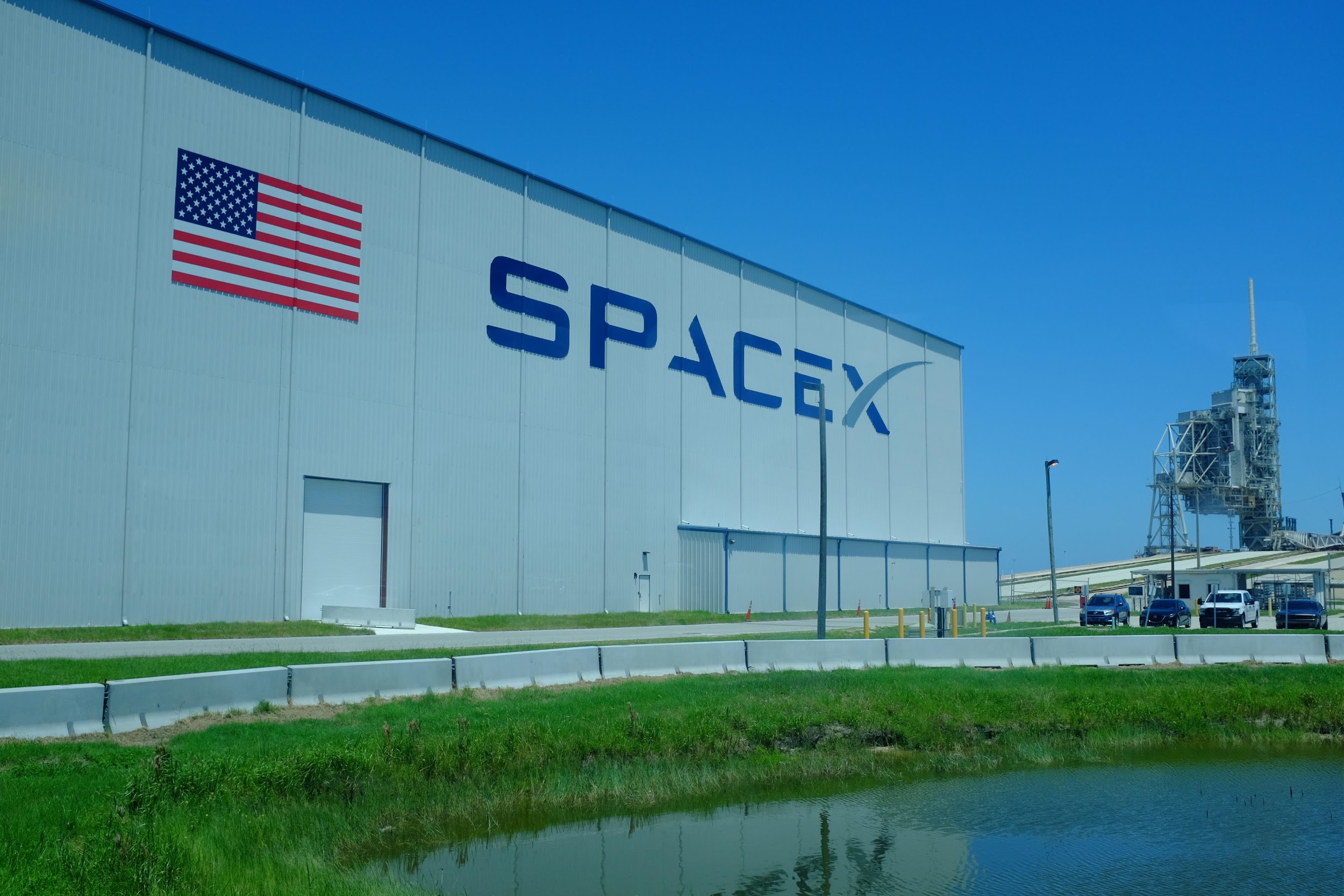
By Heather Hamilton, contributing writer
Elon Musk is in the news again and, as if putting a car into orbit wasn’t enough, he’s advertising his plan to launch a bunch of internet-providing satellites. The satellites, which have been pretty hush-hush until recently, would orbit low enough to provide high-speed internet to areas around the world and will cost about $10 billion to develop and implement.
Patricia Cooper, who is the vice president for satellite government affairs at SpaceX, previously said that developing a satellite system is “highly proprietary and may take several years to finalize, during which time operators hold details as highly confidential for obvious competitive reasons.”
The two satellites measure 43 x 28 x 28 inches, weigh 880 pounds, and are powered by solar panels measuring 26 feet. At an altitude of 700 miles, the satellites will undergo testing of their phased array broadband antenna and Ku-band (12−14 GHz) radio communication system once every .9 days for less than 15 minutes per test.
Documents filed with the FCC indicate that SpaceX hopes to have ground stations to test the network in a variety of places, including Hawthorne, California, near Tesla headquarters. They’re also planning stations in McGregor and Brownsville, Texas, where SpaceX is located, as well as Redmond, Washington. It appears that they’ve also possessed three transport vans, which Neowin speculates will be used to test internet connectivity and reliability within moving vehicles. The two satellites will transmit when they’re above the ground stations, which offer a transmission time of 10 minutes per day.
The FCC posted a letter indicating that the first two satellites were originally planned to launch on Feb. 12, but have since been rescheduled for Feb. 21. Initial reports indicated that the first demos would be in space at the end of 2017 with fully operational satellites in space in 2019, so the news isn’t completely shocking.
SpaceX has said that the two satellites, called Microsat-2a and 2b, will be launched on a Falcon 9 rocket, which will also carry a Spanish radar observation satellite called PAZ on Feb. 21 from Vandenberg Air Force Base at 6:17 a.m. PST.
New estimates from the company suggest that all satellites — 4,425 of them — will be operational and in orbit by 2024, and Musk has said that he believes that it will be profitable at full operation. The satellite array will be combined with another 7,518 satellites at a low Earth-orbit altitude (VELO Constellations) to form the complete “Space X System,” from which Musk hopes that the revenue will help fund his plan to colonize Mars.
Electrek suspects that Musk’s Tesla and SpaceX will help each other in terms of profitability: Tesla will become a SpaceX satellite customer being that Teslas are always connected to 3G or 4G. A space-based connection isn’t that unlikely.
The announcement comes on the heels of developing competition for similar projects — Futurism reports that OneWeb, who has partnered with Jeff Bezos, hopes to launch a similar test satellite in 2018 and will begin a more formal implementation process as early as 2019.
Sources: Neowin, FFC, Neowin, Electrek, Futurism
Image Source: MorgueFile
Advertisement
Learn more about Electronic Products Magazine





